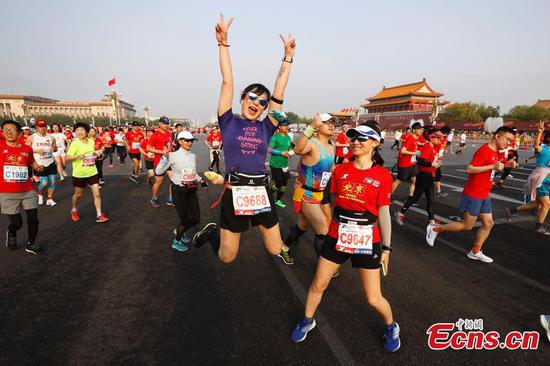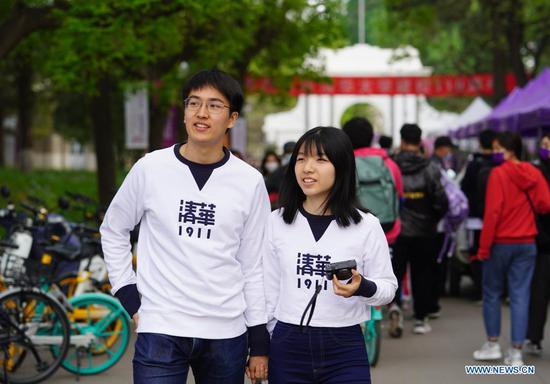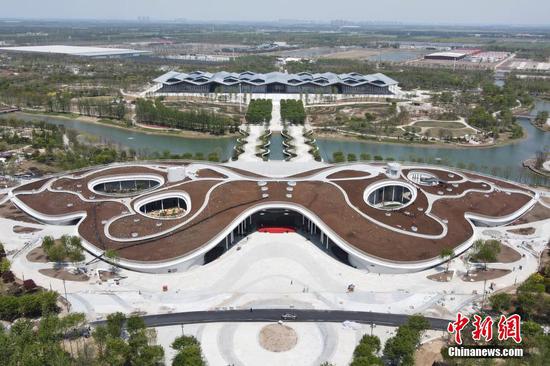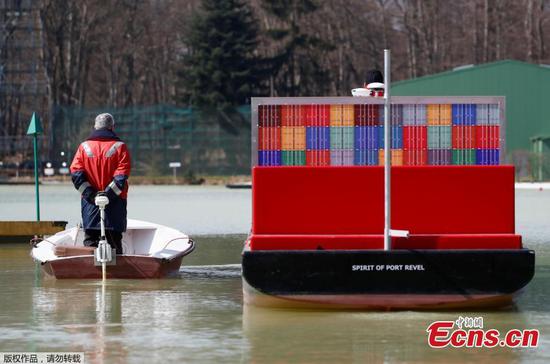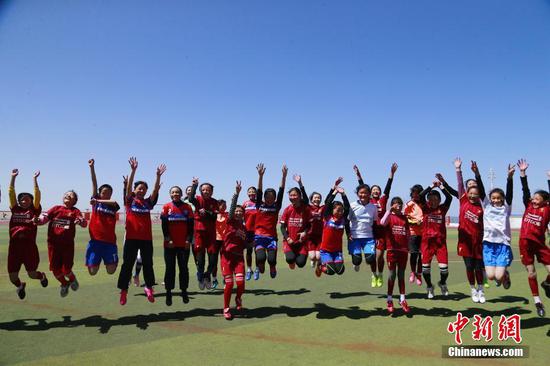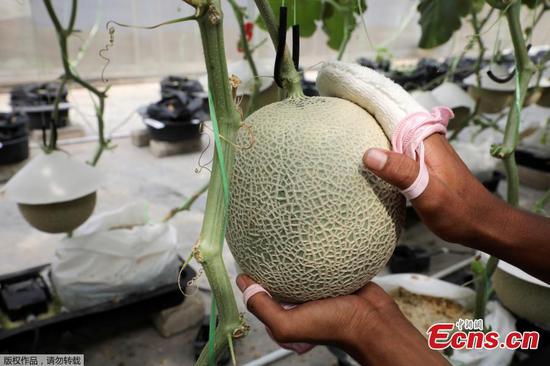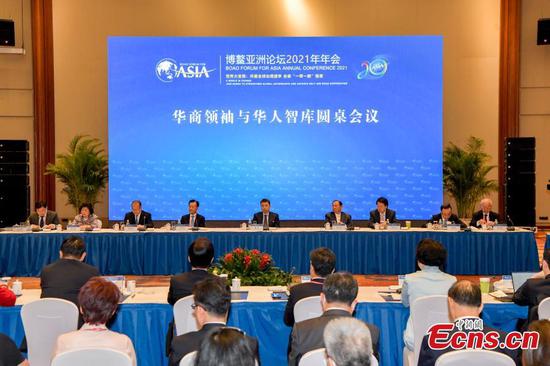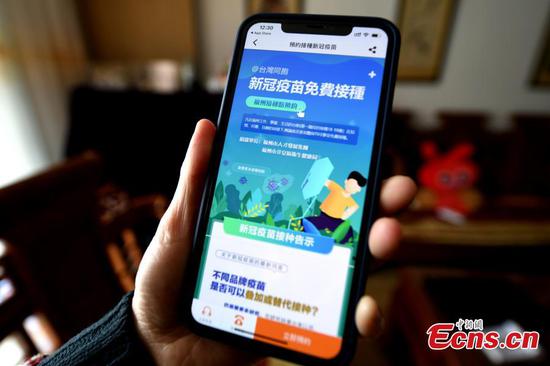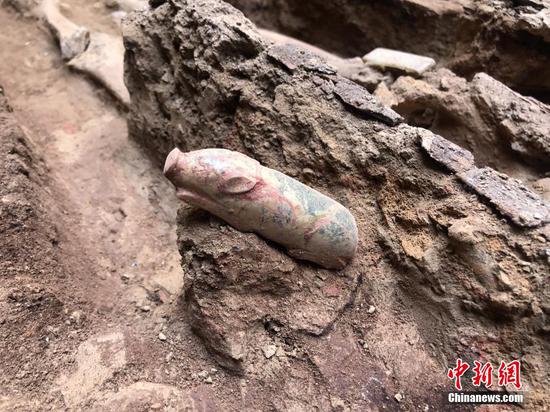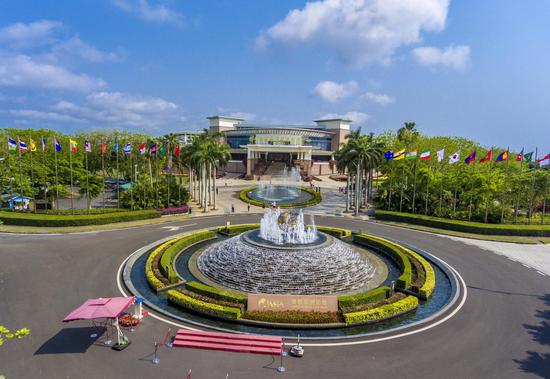China's authorities have rolled out guidelines to regulate the country's booming livestreaming marketing industry and set standards for livestreaming e-commerce platforms, operators and hosts.
The new measures, jointly issued by the Cyberspace Administration of China (CAC) and six other government entities, including the Ministry of Commerce, the Ministry of Culture and Tourism and the State Administration for Market Regulation (SAMR), aim to protect the rights and interest of consumers and tackle problems including false advertising and goods of poor quality.
They require livestreamers and operators to be at least 16 years old, ans minors under 16 must obtain the consent of a legal guardian.
Fake claims in adverts and data fraud, such as bogus comments, likes, views and sales figures, will be banned. Livestreaming platforms are also required to handle complaints from consumers in a timely manner and provide evidence when disputes occur.
The authorities also plan to step up oversight of livestreaming platforms, which will be required to establish and improve their supervision mechanisms and privacy measures to enhance information security and protect personal information.
China has been the world's largest online retail market for eight consecutive years. It saw more than 24 million livestreaming marketing activities taken place in 2020, and some online influencers like Li Jiaqi became household names through their online sales.
Livestreaming e-commerce has rapidly become an important marketing method in the internet economy. But its growth has been marked by complaints that some sellers were infringing on consumers' rights and interests to boost their popularity and profits.
China has recently issued a series of regulations to better monitor the livestreaming e-commerce market and crack down on violations by both streamers and platforms.
The SAMR released guidelines to strengthen supervision over the marketing activities of e-commerce platforms last November.
The new measures will take effect on May 25.









